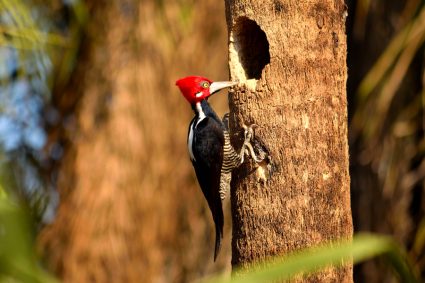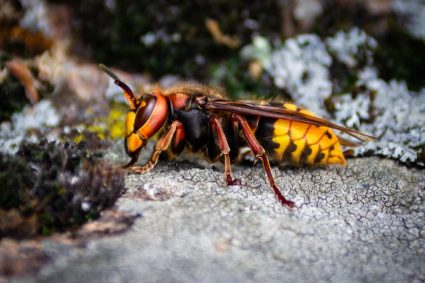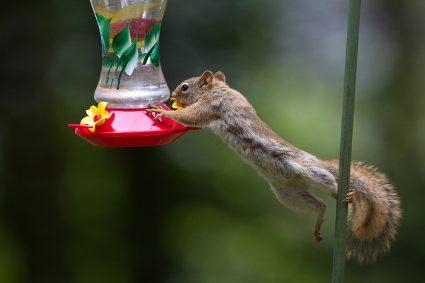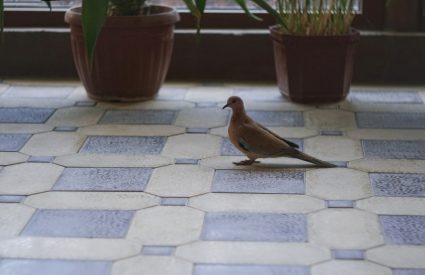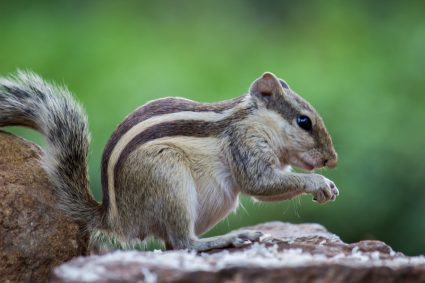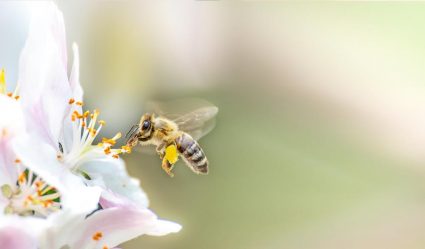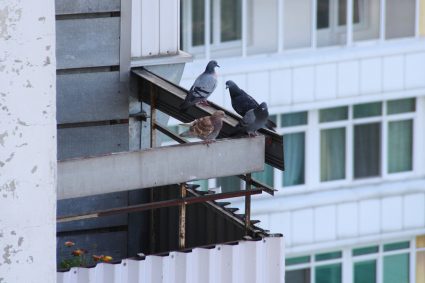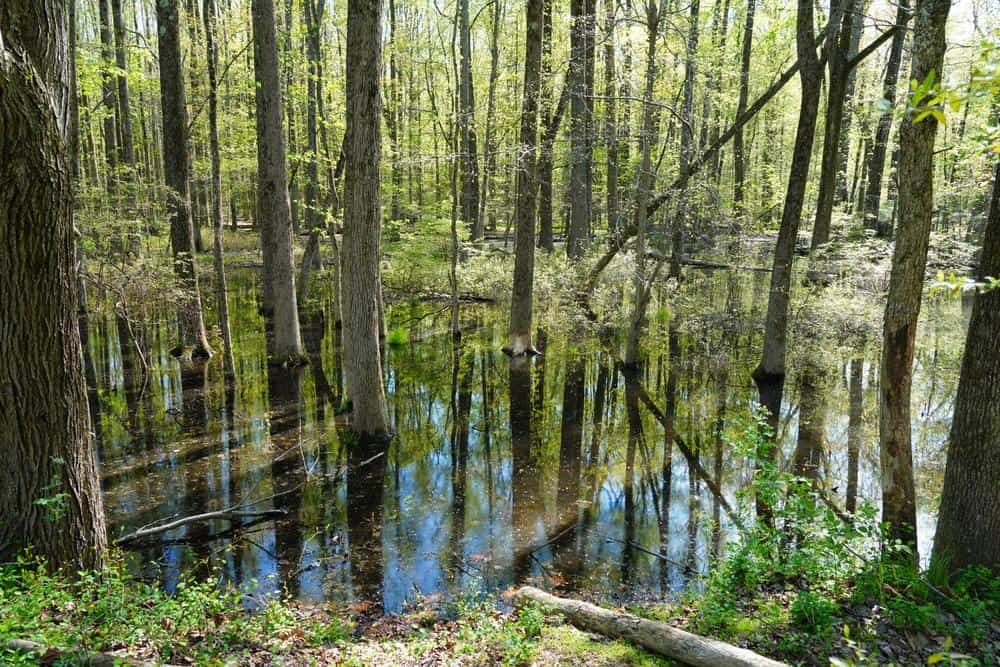
Slugs can be a nuisance when they invade our homes and gardens. Not only are they unsightly, but they can also cause considerable damage to plants and potentially contaminate food. If you are struggling with a slug problem, you are not alone. In this comprehensive guide, we will delve deep into effective methods on how to get rid of slugs around your house.
To get rid of slugs around your house, identify the signs of infestation such as slimy trails, slug sightings, damaged houseplants, and attraction to food. Use natural remedies like creating barriers with irritating substances, removing garden debris, using beer or sugar traps, and handpicking slugs. Prevent future infestations by sealing gaps and cracks in your home, creating barriers, removing hiding places, and using natural repellents. If the infestation is severe, consider professional pest control services.
Signs of a Slug Infestation
Before you start battling these slimy creatures, you need to identify if you indeed have a slug problem. Here are some signs of a slug infestation:
- Slimy Trails: Slugs leave a shiny, silvery slime trail on floors, carpets, and surfaces as they move around. These trails can remain visible for several days.
- Slug Sightings: You may find slugs crawling around your house, especially during the night or in dark, damp areas.
- Damaged Houseplants: If you notice ragged edges or holes in the leaves of your indoor plants, it could be a sign of slugs feeding on them.
- Attraction to Food: Slugs are attracted to human and pet food left out overnight, so you might find them around food dishes or in kitchen cupboards and pantries.
Natural Remedies to Get Rid of Slugs
Fortunately, there are several natural remedies that you can use to get rid of slugs. These methods are not only effective but also eco-friendly.
- Create a Barrier: Slugs don’t like crawling over sharp or irritating objects. Use coffee grounds, wood ashes, sand, crushed eggshells, or diatomaceous earth to create a barrier around your plants.
- Remove Garden Debris: Clear away garden debris like leaf litter or mulch, as slugs like to live and lay their eggs in these areas.
- Plant Trap Crops: Plant crops that slugs love, such as chamomile seedlings, to attract them away from your main plants. You can then remove the slugs from the trap crops and relocate them.
- Use Beer or Sugar Traps: Slugs are attracted to the yeast and sugar in beer or a homemade sugar solution. Place small containers filled with beer or sugar solution around your garden, and the slugs will be attracted, fall in, and drown.
- Use Melon Rinds or Citrus Peels: Place leftover melon rinds or citrus peels upside down in your garden. Slugs will be attracted to these and congregate on them, making it easy for you to collect and relocate them.
- Handpick Slugs: Go out after dusk with a headlamp and pick slugs off your plants. Drop them into a bucket of soapy water to kill them immediately, or move them to an area where birds and snakes can eat them.
Preventive Measures to Avoid Slug Infestation
Prevention is always better than cure. To avoid a slug problem in your home, you can take these preventive measures:
- Seal Gaps and Cracks: Check for gaps or cracks in your home’s foundation, walls, or doors, and seal them up to prevent slugs from entering.
- Create a Barrier: Use copper tape or diatomaceous earth around your home’s perimeter to deter slugs.
- Remove Hiding Places: Clean up debris, clutter, and moist areas in your garden or outdoor space to eliminate slug hiding spots.
- Use Natural Repellents: Sprinkle coffee grounds, crushed eggshells, or citrus peels around your home’s perimeter to create a natural barrier against slugs.
- Encourage Natural Predators: Attract birds, frogs, and hedgehogs to your garden by providing food, water, and shelter. These animals can help control slug populations.
- Avoid Using Loose Mulches: Opt for compost or leaf mold instead of straw, hay, or shredded wood mulches, which can provide hiding places for slugs.
- Water Your Garden in the Morning: Watering early in the day allows the garden to dry by nightfall, making it less attractive to slugs.
- Use Slug-Repelling Plants: Plant slug-repellent plants like astrantia, wormwood, rue, fennel, anise, and rosemary in your garden to deter slugs.
- Maintain Cleanliness: Keep your garden and outdoor spaces clean and free of debris to reduce slug hiding spots.
Professional Services for Slug Infestation
If you have a serious slug infestation, it might be time to call in the professionals. Companies like Terminix, Orkin, and others offer a range of services to address various pest issues, including slug infestations. These professionals have the experience, knowledge, and equipment to effectively and safely handle the problem.
In conclusion, getting rid of slugs around your house involves identifying the problem, using effective slug control methods, and implementing preventive measures. By following these steps, you can maintain a slug-free home and garden.
Frequently Asked Questions
What time of the year are slugs most active?
Slugs are generally most active during the spring and autumn months when the temperatures are cooler and the environment is damp.
Are slugs harmful to humans or pets?
While slugs are not directly harmful to humans or pets, they can carry parasites and bacteria that can potentially cause diseases. It’s always a good idea to wash your hands after handling slugs.
Can slugs reproduce inside the house?
While it’s possible, it’s unlikely for slugs to reproduce inside the house because they prefer to lay their eggs in soil or underneath garden debris.
How long does it take for a beer or sugar solution to kill slugs?
The beer or sugar solution works by attracting the slugs to the trap where they will fall in and drown. The time it takes for them to die can vary, but generally, it happens within a few hours.
Does salt kill slugs?
Yes, salt kills slugs by dehydrating them. However, it’s not recommended for use in gardens as it can damage plants and degrade soil quality.
Are there any plants that slugs don’t like?
Yes, there are several plants that slugs tend to avoid. These include plants with strong scents or bitter tastes such as lavender, rosemary, sage, and geraniums. Also, plants with tough leaves or those that are highly acidic or poisonous are generally safe from slugs.

